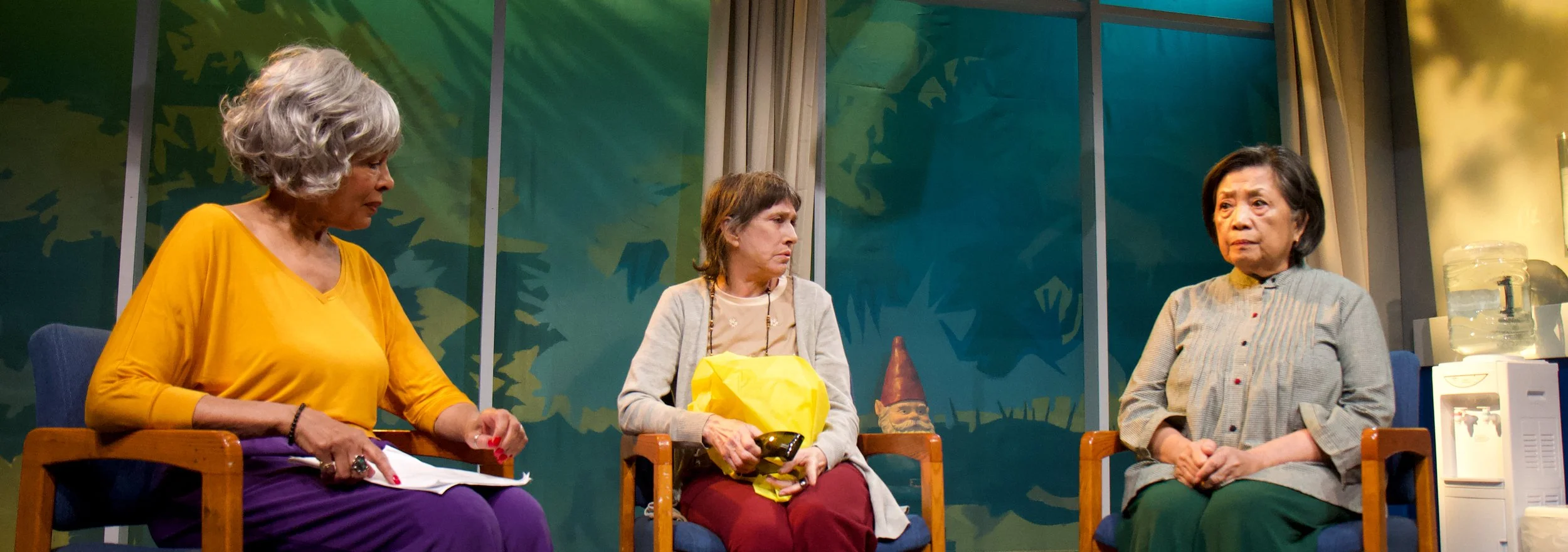Artemisia Gentileschi, the real-life subject of Kate Hamill’s uneven new drama The Light and the Dark, survived rape and a harrowing experience at her assailant’s trial to become the most accomplished female painter of the Renaissance. While Hamill’s approach to telling Gentileschi’s life story is ill-conceived in places, the playwright understands its power as a triumph over patriarchy.
Dracula
In Kate Hamill’s adaption of Bram Stoker’s Dracula at Classic Stage Company, fighting against vampires becomes synonymous with fighting the patriarchy. With Sarna Lapine directing (she also directed Hamill’s Little Women) and a stellar cast, Hamill’s Dracula manages to be hilarious without descending into farce, perhaps because so much of the humor is in the service of a feminist reshaping of Stoker’s novel, which turns the struggle against vampires into a struggle for self-individuation and self-determination.
Pride and Prejudice
Don’t underestimate Jane Austen. Her authorial voice, distinctively witty and humane, rings out above the Gothic din of early 19th-century fiction. Two centuries after her death, this middle-class provincial’s novels still enchant readers with their verisimilitude and authenticity, despite how radically manners and morals have changed.
Vanity Fair
“This is not a moral place,” proclaims a master of ceremonies at the outset of the Pearl Theatre Company’s energetic Vanity Fair. “Nor is it often a merry one,” he adds, “for all of its pageantry and noise.”










